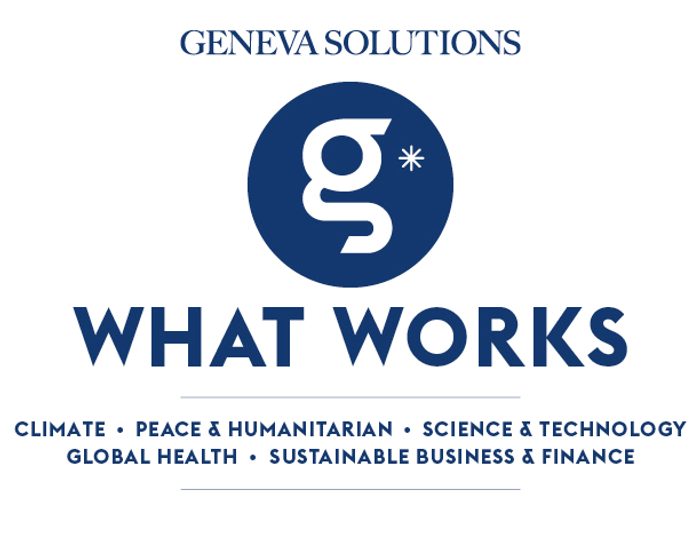Good morning, this is Kasmira, bringing you the second chapter in our series on water security, this time turning to Nairobi in Kenya to learn how investing in nature’s own “infrastructure” can reap rewards for both farmers and residents in the water-stressed region.
Plus, among the solutions to tackle the global water crisis, speculating on future prices of water should not be one of them, the UN special rapporteur on the right to water tells Geneva Solutions, in an exclusive interview ahead of the launch of a report next month. |
|
🇰🇪 Financing water conservation in Nairobi
|
|

Rocio Egio for Geneva Solutions
|
|
The Tana is Kenya’s longest river. It is the lifeblood of Kenya’s economy, providing 80 per cent of the drinking water used by Nairobi’s 4.5 million residents and thirsty industries. But it can only give so much.
Over the decades, the city’s rapidly swelling population, together with the effects of climate change, and more recently, the Covid-19 crisis, have put the Tana river and Nairobi’s water infrastructure, already bursting at the seams, under increasing pressure.
Faced with a growing water crisis, conservation groups, working with local authorities and utility companies, have been looking beyond the city’s borders to the highlands of the Upper Tana river basin for new ways of creating cleaner, cheaper, and more reliable sources of water.
The result was the launch in 2015 of Africa’s first public-private water that finances conservation projects upstream by linking farmers in the rural headlands with water users in the city downstream. One of 43 similar water funds rolled out by the US non-profit, The Nature Conservancy, the model is part of a wave of new financial mechanisms focused on nature-based solutions to help protect water-stressed regions.
With global populations growing, putting a strain on water supply, and many countries’ ageing infrastructure struggling to keep up with demand, how can we finance our way out of the current water crisis – and can investing in nature provide the solution?
Read more in Geneva Solutions
|
|
Here's what else is happening
|

Traders work on the floor of the New York Stock Exchange, 19, July, 2021. For the first time last year, it became possible to trade water on the futures markets on Wall Street. (Credit: Keystone/AP/Richard Drew)
|
|
📈 A dangerous bet.
As the race to find solutions to the water crisis accelerates, ideas are emerging left and right. But not all proposals are keepers and the latest trend from the finance world to trade water in the futures market is a risky business, UN special rapporteur on water Pedro Arrojo-Agudo tells Geneva Solutions in an exclusive interview.
Geneva Solutions (EN)
|
|
|
GS news is a new media project covering the world of international cooperation and development. Don’t hesitate to forward our newsletter!
Have a good day!
|

|
|
Avenue du Bouchet 2
1209 Genève
Suisse
|
|
|
|









